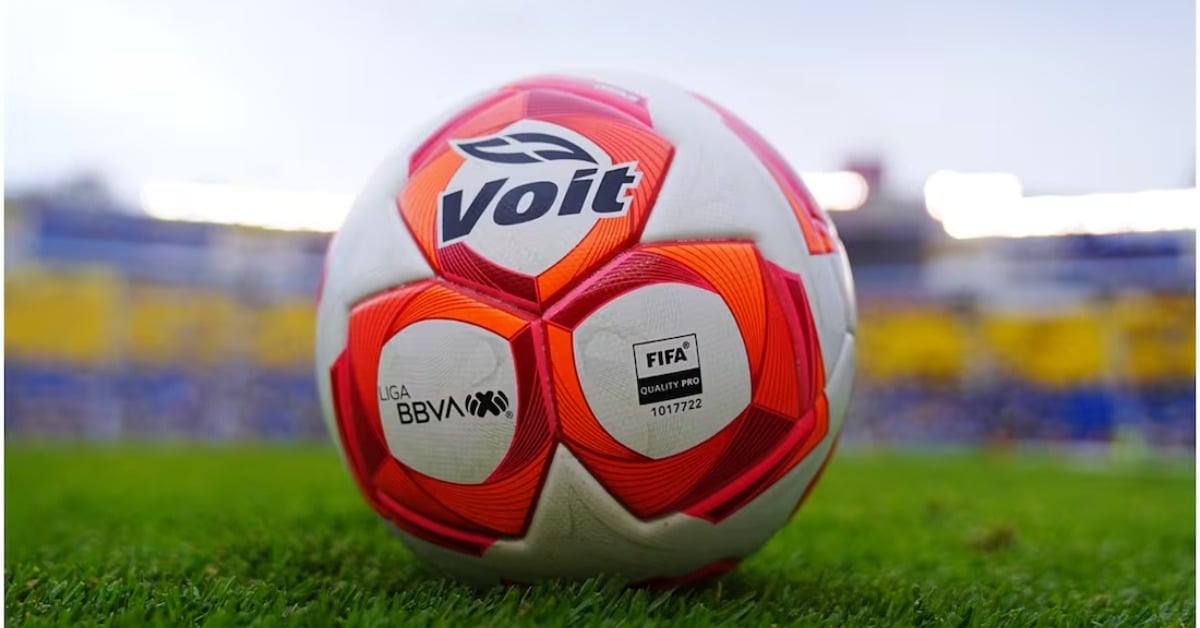Mexican football authorities plan to restore promotion and relegation between Liga MX and lower divisions, ending a five-year suspension . . .


Mexican football authorities plan to restore promotion and relegation between Liga MX and lower divisions, ending a five-year suspension . . .
